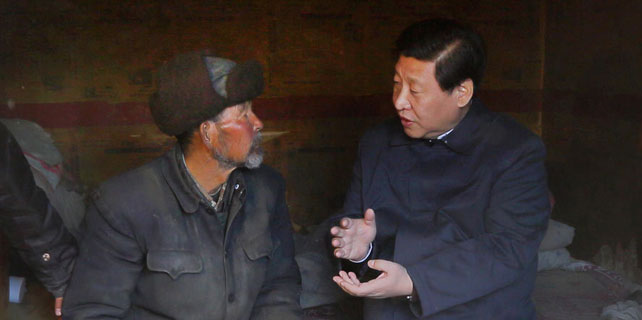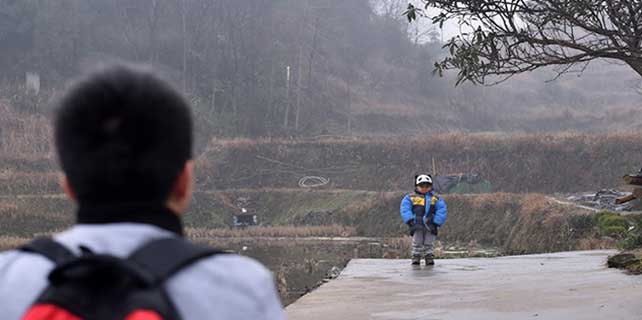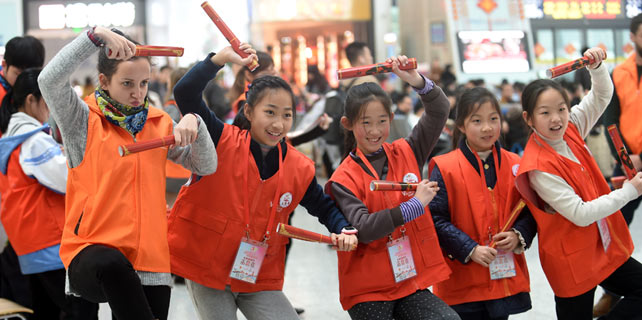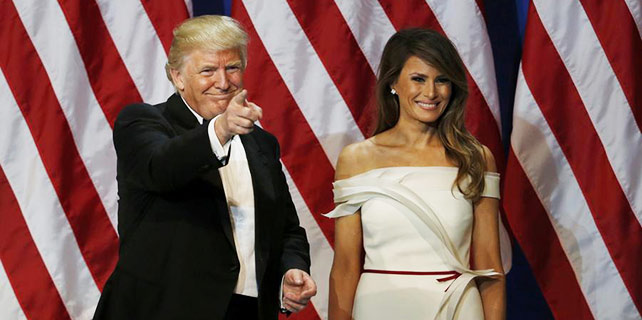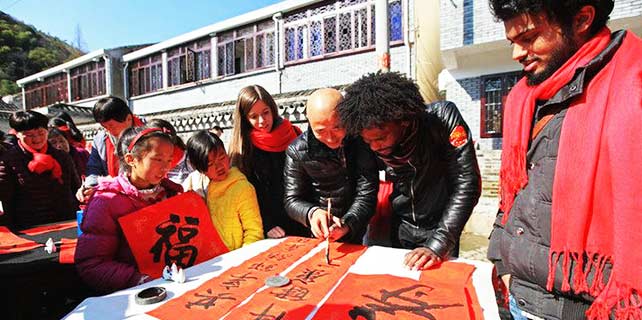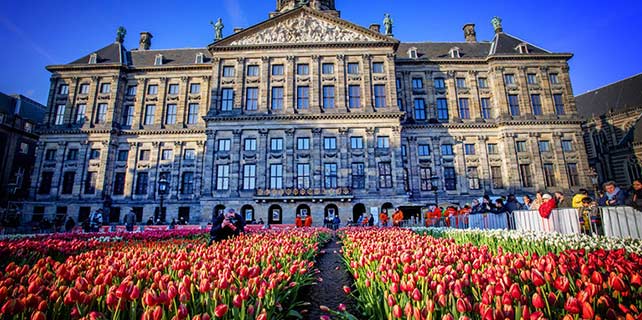Dashan 3.0: China's favorite foreigner nurtures stand-up comedy revolution
So in 2014, Rowswell began one of the strangest apprenticeships in the history of stand-up by performing guerrilla shows at universities across China. "I didn't tell them I was doing stand-up comedy, I just told them I was doing a 'humorous lecture,'" he says.
This unconventional approach had certain advantages, allowing him to build up his act by mixing in 20 minutes of jokes with 40 minutes of anecdotes about cultural differences between the West and China. But because of his fame, rather than testing his material on tiny audiences like most comics, he was often trying out stuff on thousands of students at a time.
These gigs were also unpredictable to say the least. As Rowswell told the excellent Stuck in the Middle podcast, he turned up to one lecture at Huazhong Agricultural University in Hubei province to find himself addressing 6,000 freshmen in the middle of their military training, dressed in full army uniforms.
Nevertheless, the university appearances provided him with useful experience, and soon Rowswell was spending almost the entirety of his lectures performing stand-up. "But once I got to that stage, it started to become a problem because the schools began to clue in to what I was doing," he laughs.
Since his fleeting career as a college lecturer came to an end, Rowswell has returned to the more welcoming environs of Beijing and Shanghai's comedy clubs. But he knows that if stand-up is to truly break through in China, comedians need to go beyond their niche audiences in the first-tier cities.
"[KungfuKomedy] is like the beachhead, and from here we can take it out to other places in China," he says. "I come out here and it's great, I'm talking to the cool, hip Shanghai cosmopolitan students and post-80s [people born in the 1980s]. But can I go out and talk to the aunties? Can I go out and do a show in Henan?"
Rowswell has already made several raids into the interior, playing everything from agrochemicals companies in Heilongjiang province to casinos in Macao Special Administrative Region.
Most of these gigs have gone well, he says, though he admits that in a country of 1.4 billion people with huge disparities in income, culture and even language, adapting his act for different audiences can be a big challenge.
"The less urbane audiences expect linguistic acrobatics," he explains. "So for those audiences I'll get out the kuaiban [bamboo castanets used by xiangsheng performers]. You can't bring in the farmers from Shanxi and do the same show for them [as you would in Shanghai]."
Rowswell is also using his fame to help up-and-coming Chinese comics get experience playing larger venues around the country. For performers without his breadth of experience, however, the gulf in audience expectations in different parts of China can be overwhelming.
On one occasion, he took a promising comedian with him to do a show in Harbin, Heilongjiang province, and the gig turned into a disaster. "His confidence was totally destroyed," he winces. "He went up and instead of doing stand-up, he decided just to sing a song for people, because he thought, 'they're not going to understand my stand-up.'"
But Rowswell remains confident that stand-up comedy's time in China is coming. "It's new for me and it's new for audiences," he says. "You have to get there gradually."
"That's why Melbourne is a big breakthrough opportunity," he adds. "This is the first time [Chinese stand-up is] going to a major, world-class festival, and I think that will have an impact back here because there's definitely a market for it."
Rowswell describes Dashan Live as "the story of me and China". If he achieves everything he hopes to accomplish this year, this new chapter could be the most exciting yet.
Related:
Song Dandan returns to the small screen with new series
Comedy based on Bard's works set to make Beijing debut







